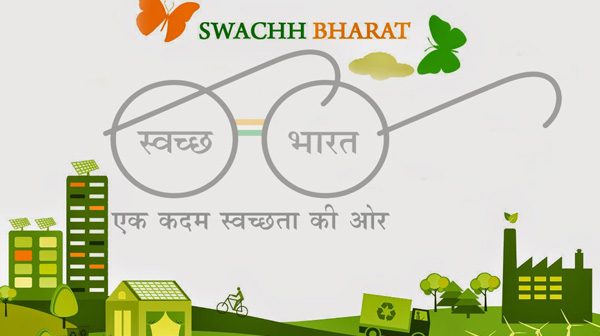In 2014, Prime Minister Narendra Modi launched the Swachh Bharat Abhiyan (SBM), an ambitious mission to make India clean and open defecation free (ODF) by 2019. This article delves into the initiative’s progress, analyzing achievements, highlighting challenges, and exploring the road ahead for India’s sanitation journey, with a particular focus on addressing the needs of marginalized communities and leveraging international partnerships.
Building Toilets, Shifting Behaviors:
The SBM’s core strategy focused on constructing household toilets, particularly in rural areas, where open defecation was prevalent. The mission achieved remarkable progress:
- Over 110 million toilets: constructed across rural India, exceeding the initial target of 60 million, as per Swachh Bharat Mission Gramin (SBM-G) dashboard data.
- ODF Status: 603,175 villages and 36 states and union territories declared ODF as of January 2020, significantly boosting sanitation coverage.
- Behavioral Change: Increased awareness campaigns and community engagement promoted hygiene practices, leading to a 55% reduction in open defecation in rural areas, according to a 2019-20 National Annual Rural Sanitation Survey (NARSS).
Economic and Health Benefits:
The SBM’s impact goes beyond visible clean spaces. Studies highlight substantial economic and health benefits:
- Economic Gains: Estimated savings of Rs. 50,000 per household annually due to reduced healthcare costs and increased productivity, as per World Bank estimates.
- Health Improvements: Decline in diarrheal diseases, particularly among children, leading to improved child health and well-being.
- Women’s Empowerment: Reduced vulnerability to harassment and improved dignity for women by eliminating open defecation practices.
Challenges Persist: The Road Ahead
Despite the impressive progress, challenges remain:
- Sustainability and Maintenance: Ensuring long-term functionality and proper waste management of constructed toilets requires sustained efforts and behavior change.
- Urban Sanitation: While rural areas saw significant improvement, urban sanitation infrastructure and waste management need further attention.
- Financial Sustainability: Long-term funding solutions beyond government allocations are crucial for continued program implementation and maintenance.
- Reaching the Unreached: Addressing the needs of marginalized communities and ensuring equitable access to sanitation facilities remains a key challenge.
Marginalized Communities Face Unique Hurdles:
While SBM has achieved widespread success, certain communities continue to face disproportionate challenges in accessing and using sanitation facilities:
- Tribal and Indigenous Communities: Limited access to land, traditional practices, and cultural sensitivities require tailored solutions and community-driven approaches.
- Scheduled Castes and Scheduled Tribes: Social stigma and discrimination can hinder access to sanitation facilities and hygiene products.
- People with Disabilities: Accessible toilets and sanitation facilities remain inadequate, requiring design modifications and awareness campaigns.
- Urban Slums: Densely populated settlements often lack proper sewer connections and waste management infrastructure, requiring innovative solutions.
Embracing International Collaboration:
India’s sanitation journey can benefit from international partnerships and knowledge sharing:
- Financial Support: Collaboration with development agencies and philanthropic organizations can address funding gaps and support innovative technologies.
- Sharing Best Practices: Learning from successful sanitation programs in other countries like Singapore and Rwanda can offer valuable insights.
- Technical Expertise: Collaboration with international experts can enhance research and development of sustainable sanitation solutions.
- Capacity Building: Sharing knowledge and expertise with local communities and stakeholders can strengthen local ownership and long-term sustainability.
Looking Forward: A Journey in Progress
The Swachh Bharat Abhiyan marks a significant step forward in India’s sanitation journey. However, the mission’s long-term success hinges on addressing existing challenges, implementing innovative solutions, and ensuring continued community engagement, with a particular focus on the needs of marginalized communities and leveraging international partnerships. By staying focused on achieving sustainable sanitation for all, India can truly realize the dream of a Clean India.






